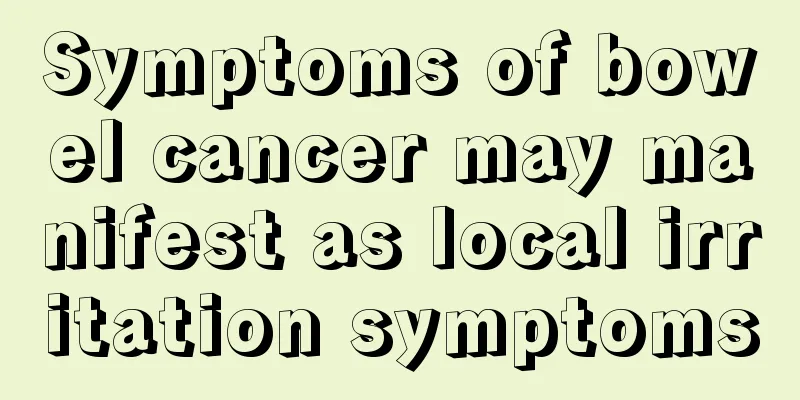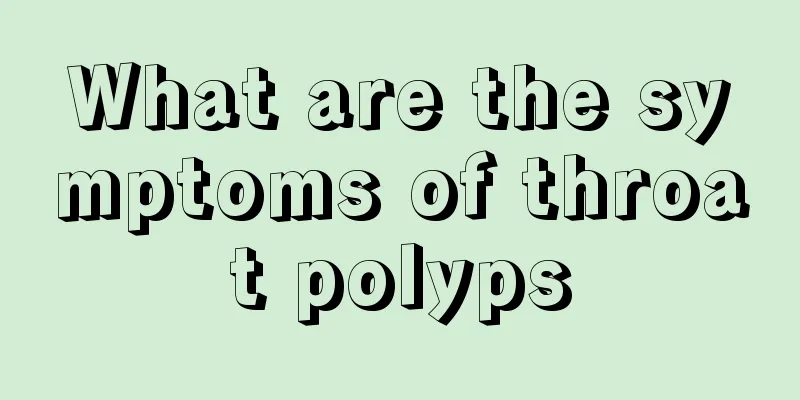How to classify tinnitus and identify symptoms and treat them

|
Tinnitus refers to a small buzzing sound in the ears. Nowadays, as people are under increasing pressure and the surrounding environment is getting worse and worse, noisy external sounds coupled with emotional instability, or certain physical illnesses can trigger this disease. There are many types of tinnitus. Only by distinguishing its types clearly can we better carry out symptomatic treatment. The first is physiological tinnitus Inside the body, blood vessel pulsation, blood flow, muscle contraction, joint movement, breathing movement, etc. all produce faint sounds, which can be felt by those closer to the ears. Normally, due to the louder noises from the outside world, this faint sound is masked and cannot be felt. But if you walk into a soundproof room or hear it late at night in the quiet, you may sometimes feel a faint sound in your ears. This is physiological tinnitus. The second type is conductive tinnitus The cause of this type of tinnitus is an obstruction in the conduction part of the auditory system, such as swelling, blockage of the external auditory canal, perforation, invagination of the tympanic membrane, inflammation of the middle ear, adhesion, and sclerosis. Sound transmission disorders reduce the ability to hear external sounds and weaken their effect of masking sounds occurring inside the body, making them perceptible and resulting in tinnitus. Furthermore, the sound transmitted into the ear through bone conduction is blocked due to conduction barriers, which increases the sensation of sound in the ear, making it a mainly low-frequency, whistling sound like the wind. We can try it ourselves. Cover our ears with one hand and you will feel a buzzing sound in the ears. This is typical conductive tinnitus. The third type is neurological tinnitus The cause is a disorder in the sensorineural part of the auditory system. Tinnitus occurs when the inner ear auditory receptors are diseased, such as due to drug poisoning, noise trauma, Meniere's disease, etc.; when the auditory nerve and auditory center are traumatized or inflamed, poisoned, ischemic, or tumorous; and when various intracranial lesions affect the auditory nerve or auditory center. This type of tinnitus is mostly high-frequency cicada chirping or piercing sharp sounds. Some systemic diseases can also cause tinnitus, such as high blood pressure, low blood pressure, autonomic dysfunction, etc. that affect blood supply, the effects of toxins from certain diseases, endocrine disorders caused by mental stress and anxiety, etc. In terms of daily life, if you don't get enough rest or suffer from insomnia, tinnitus may also occur. There are also some types of deafness whose causes cannot be determined with current medical technology or cannot be clearly examined clinically, which is called unexplained tinnitus. The fourth type is objective tinnitus Tinnitus is a subjective feeling, but there is a kind of pulsating tinnitus that can be heard by others, which is called objective tinnitus. This type of tinnitus is different from subjective tinnitus. It does have a sound source, but the sound source is not in the outside world, but in the body near the ear. One source of sound is the sound produced by the contraction of small muscles in the middle ear or the pharyngeal muscles; another source of sound is the sound of blood vessel pulsation. Under normal circumstances, the sound of blood vessel pulsation cannot be felt, but when the blood pressure rises and the pulsation sound increases, or when outward escape is blocked, or when diseases such as aneurysm or arteriovenous fistula occur, the pulsation sound of the blood vessels constitutes tinnitus. Tinnitus caused by insufficient blood circulation can be alleviated by some drugs that promote blood circulation and blood oxygenation function. Doctors sometimes also prescribe supplements of certain vitamins, such as vitamin B12, or minerals, such as folate, zinc, and magnesium. The doctor must treat according to the situation. If you are troubled by tinnitus, it is best to see a doctor and not take medicine at random on your own. |
<<: Why do I have dry eyes when I wake up in the morning? What should I do?
>>: 8 things you must pay attention to when wearing contact lenses
Recommend
What to do if the corners of your mouth peel
Peeling of the corners of the mouth is a type of ...
How many days of normal menstrual period
Because every woman has a different physical cons...
Symptoms of chronic urethritis, there are so many dangers
Chronic urethritis is extremely common in life. C...
Benefits of eating dried longan
Our bodies become healthier by eating a variety o...
Stages and nursing measures for pressure sores
Clinically, patients who lie in bed for a long ti...
Can I drink soy milk after mole removal?
You need to pay special attention to your diet af...
Is it likely that lung cancer will be inherited?
There are two manifestations of familial cancer: ...
The treatment methods for pancreatic cancer at different stages are different
Before choosing a treatment method, patients with...
Understanding intravesical chemotherapy for bladder cancer patients
Bladder cancer is a common malignant tumor of the...
What are the hazards of pesticides to human body
Pesticide is a drug used in agricultural producti...
How to treat trypophobia? Six tips to help you easily overcome
In daily life, some people will feel dazzled, diz...
What is the best way to get rid of eye bags
Eye bags are a symbol of aging. No matter how you...
My teeth are too weak to bite anything
In our daily diet, teeth are the best tools to he...
I became ugly after eyelash extensions
With the development of modern beauty technology,...
Causes of endometrial cancer
I believe that many friends have heard of the dis...









